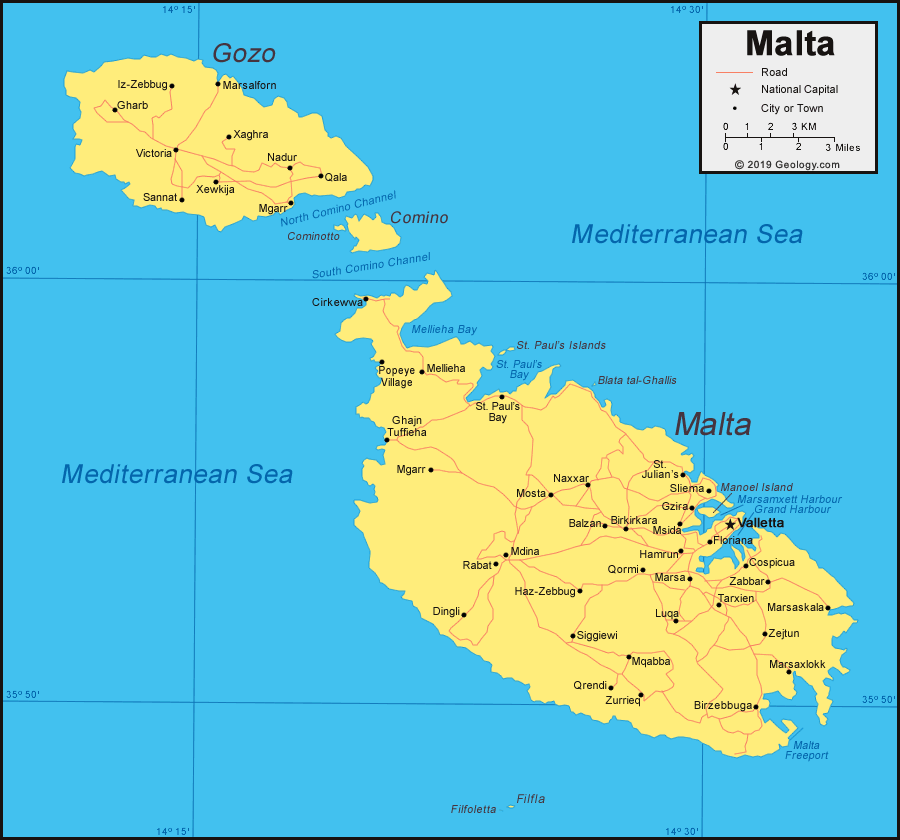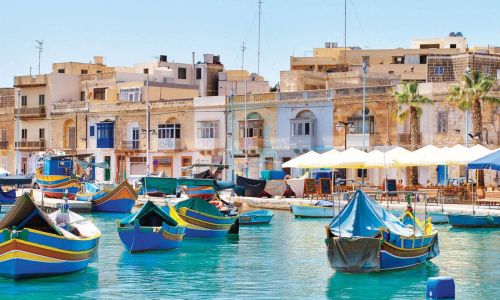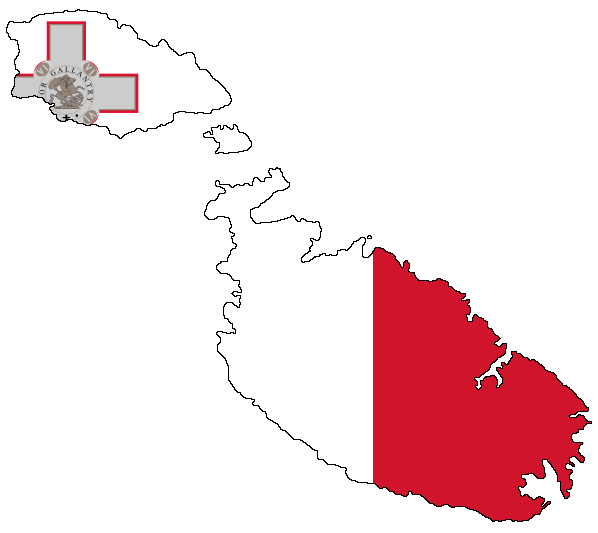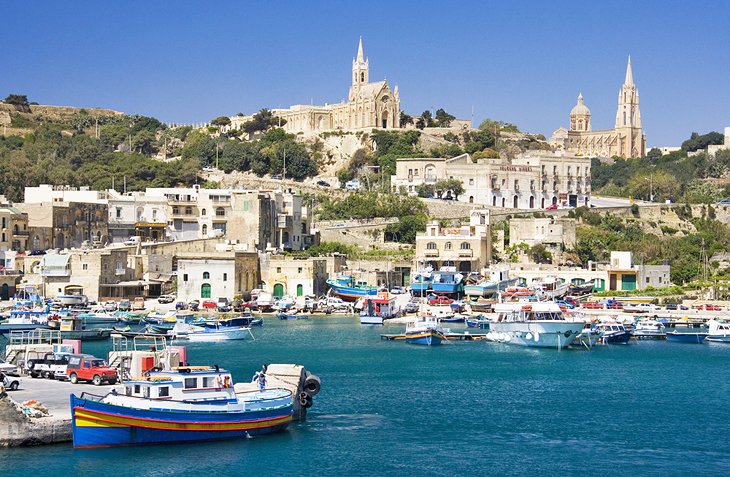I. Introduction
The recent situation in Malta has brought to light serious concerns about the treatment of asylum seekers and the responsibilities of countries under international law. Malta is one of many countries that act as a gateway for migrants and refugees seeking safety and stability in Europe. However, in recent years, Malta has been accused of violating international law by failing to uphold its obligations under the Refugee Convention.
In this article, we will discuss the situation in Malta and the plight of asylum seekers, the role of international law, and alternative solutions for those seeking asylum.
Malta’s Handling of the Asylum Seekers
Despite being legally required to provide protection to asylum seekers on its soil, Malta’s authorities have failed to provide adequate assistance to those who have arrived in the country seeking asylum. Many asylum seekers are immediately detained upon arrival and are kept in inhumane conditions for lengthy periods of time.
Additionally, Malta has facilitated the forced return of those seeking asylum to Libya, a country where they face severe risks including violence, torture, and detainment. This has been criticized by numerous humanitarian aid groups who have called on Malta to uphold its obligations under international law.
The Plight of Asylum Seekers in Libya
Asylum seekers who are being returned to Libya face unimaginable dangers. The situation in Libyan prisons is inhumane, with overcrowding, malnutrition, and inadequate healthcare. There are reports of horrific acts of torture and forced disappearances. Furthermore, in Libya, asylum seekers are subjected to severe human rights violations and crimes against humanity, such as human trafficking and forced labor.
International Law and Its Implications
Malta has a legal obligation under international law to provide adequate protection and support to asylum seekers. By failing to uphold these obligations, Malta has violated international law. This has significant implications for the country both domestically and internationally.
As a member state of the European Union, Malta must adhere to EU law. If Malta fails to comply with its obligations under EU law, it may face legal action. Furthermore, Malta’s reputation as a country that respects human rights and the rule of law is at risk due to its actions towards asylum seekers.
Alternative Solutions for Asylum Seekers
Despite the severity of the situation, there are alternative solutions available. Other European countries could take on a greater share of asylum seekers, thereby alleviating the pressure on countries such as Malta. A coordinated approach to asylum seekers is necessary, with countries working together to find a sustainable solution that upholds human rights.
Humanitarian aid groups can also play an important role in finding alternative solutions for asylum seekers. These groups offer practical assistance, legal support, and advocacy for asylum seekers.
Conclusion
The situation in Malta highlights the urgent need for greater protection of asylum seekers. By neglecting its obligations under international law, Malta has put the lives of vulnerable asylum seekers at risk. This situation also serves as a reminder of the importance of international law in protecting the rights of all individuals, regardless of their status.
We must continue to push governments to ensure that they uphold their obligations under international law and provide adequate protection for asylum seekers. We can all play a role in advocating for the rights of asylum seekers and ensuring that they are treated with the dignity and respect they deserve.










